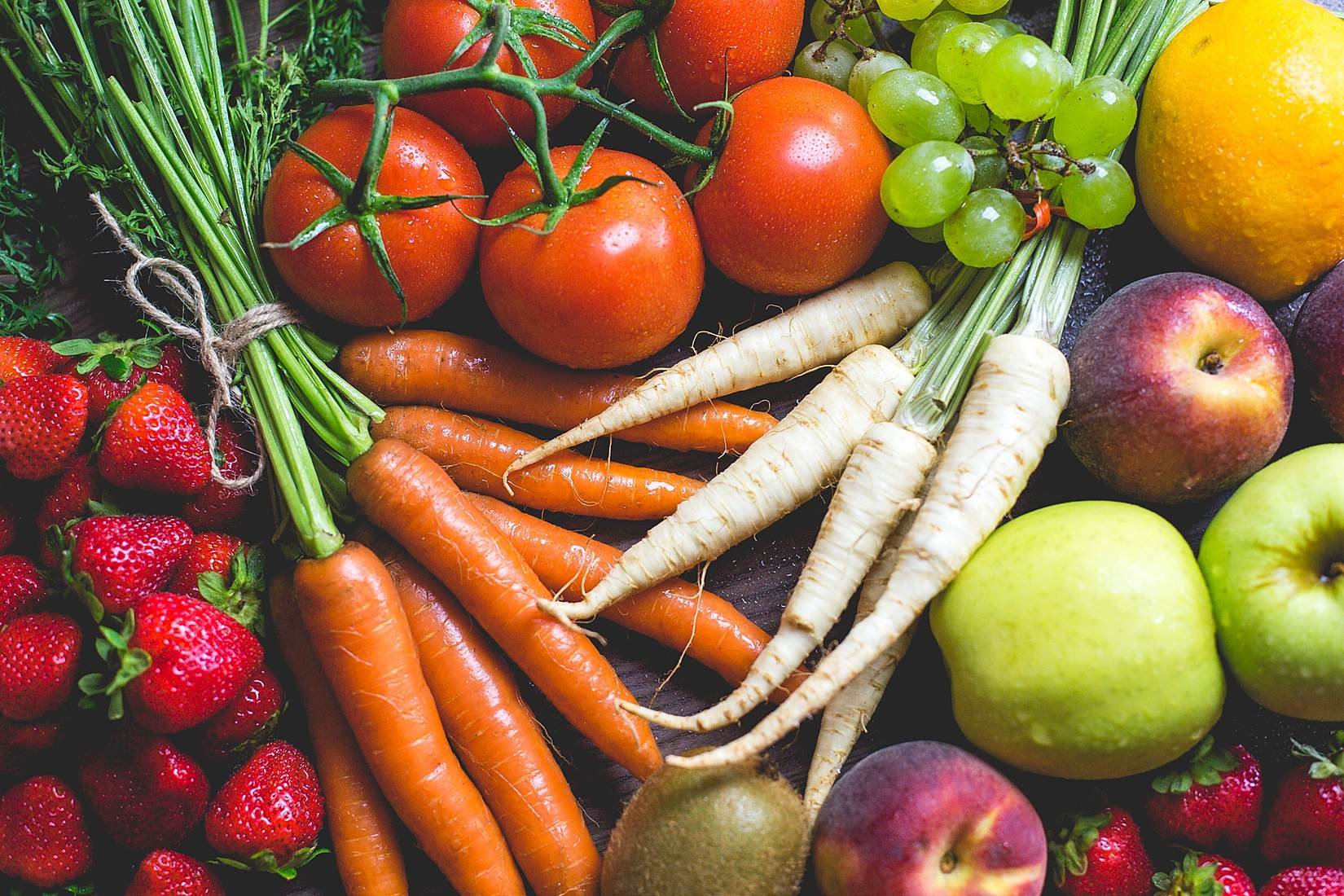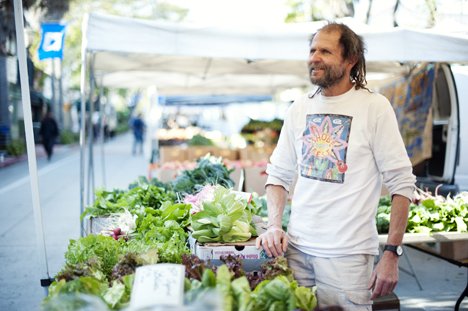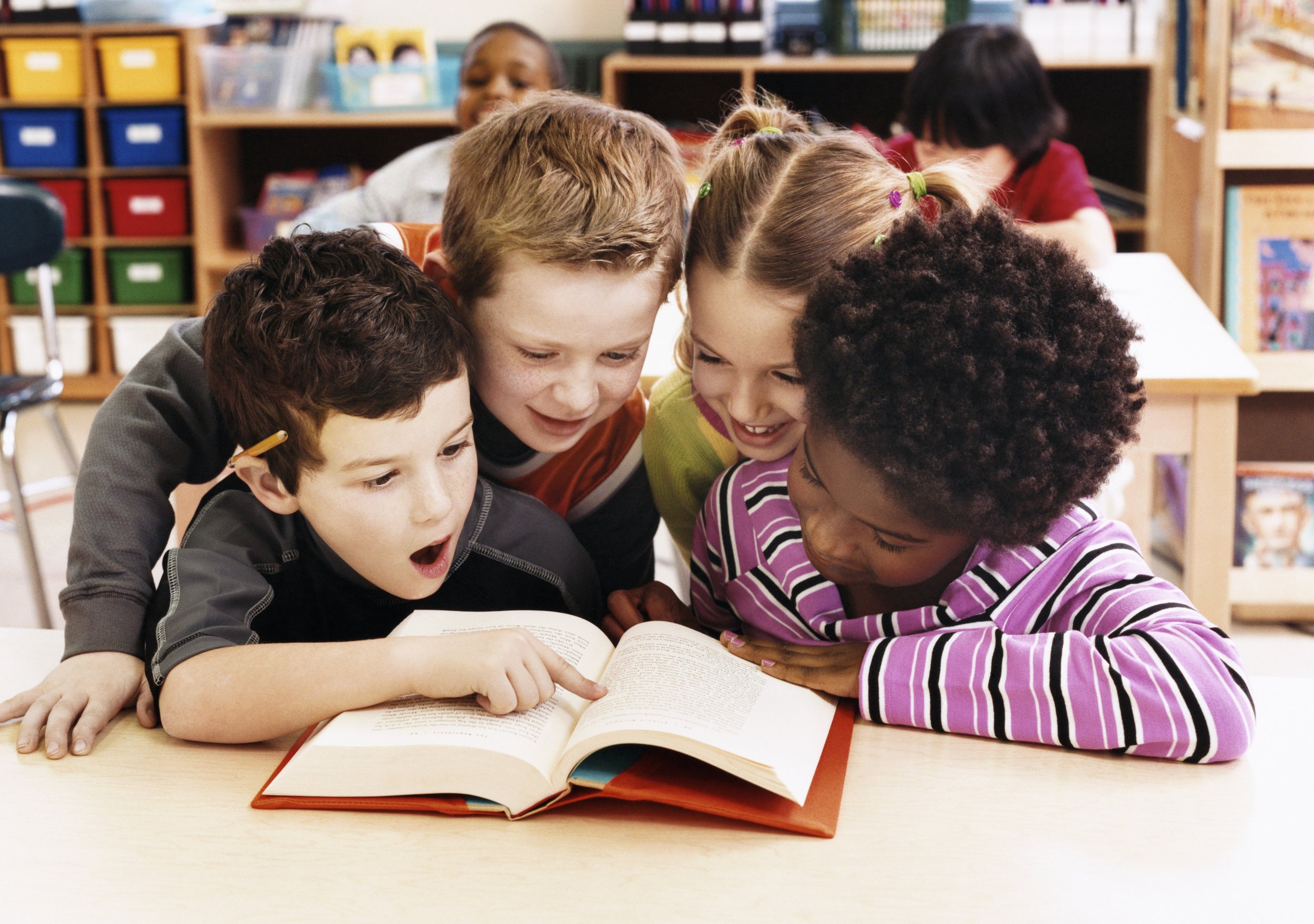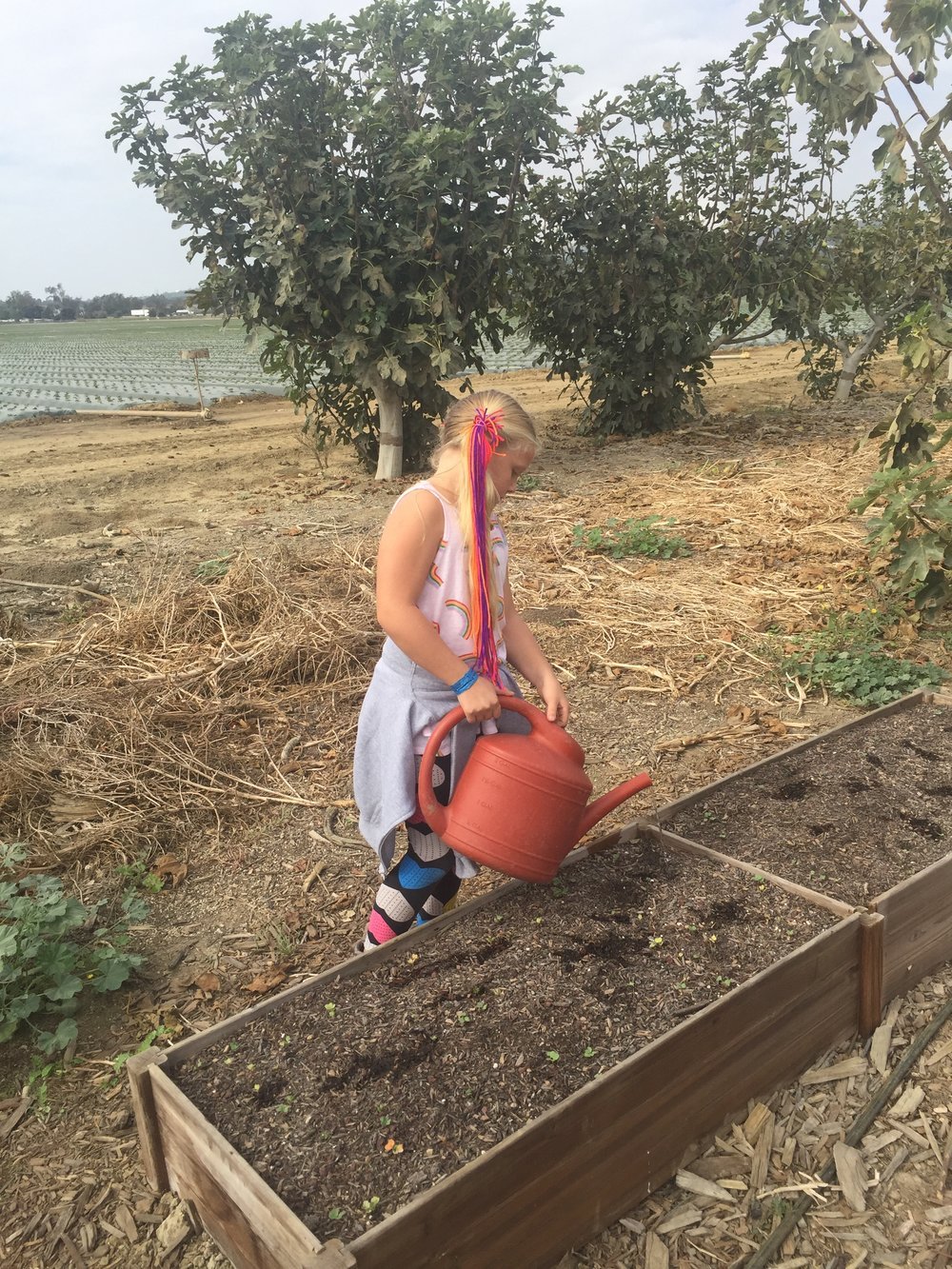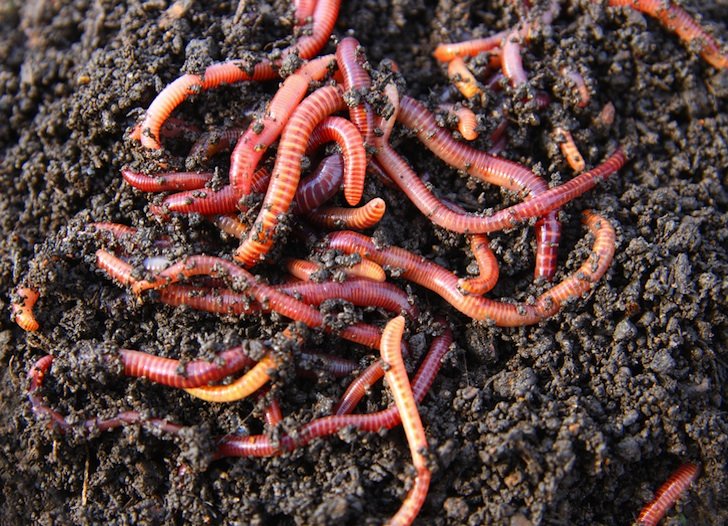
What is Farm-to-Food Lab?
Farm-to-Food Lab is a three part educational experience, including a field trip to a working farm, where students learn about everything from the science of growing our food to its nutritional values and impact on our bodies. Farm-to-Food Lab is a living laboratory where students dive into water, plant, and soil science activities. The Farm-to-Food Lab Program is aligned with 3rd-grade NGSS standards and is offered free of charge to all schools, including bus reimbursements to and from our farm locations.
Available in Santa Barbara and Ventura Counties!
Field Trip Locations:
• Allan Hancock College Vineyard and Community Garden - Santa Maria, CA
• Petty Ranch - Saticoy, CA
Scroll down to learn more and download the Farm Lab Passport HERE!
Program Mission
To build awareness of and appreciation for agriculture from farm to consumption through hands on experiential learning with an emphasis on soil science, plant science, water cycles, entomology, food systems, and nutritional science via classroom and field trip presentations.
Program Overview
Pt. 1 INTRO TO AGRICULTURE
Classroom Presentation
In this classroom presentation, we aim to establish and strengthen the young students’ connection to agriculture and our food. This presentation is the foundation in agricultural literacy, and is the first building block in our comprehensive third grade curriculum.
This 1-hour lesson includes:
Intro to SEEAG
The Food Supply Chain
Introducing the Agricultural Sciences
Soil
Water
Plant & Insect
Field Trip Preparation
Pt. 2 FARM LAB
Venture to a local working farm where students rotate through four interactive stations, each featuring STEM-based learning objectives. This hands-on experience brings the agricultural sciences to life.
This 4.5-hour trip includes:
Plant & Insect Science: Educates students about the various components of plants, demonstrates how to plant and care for a seedling, and teaches them about the distinction between pest and beneficial insects and their roles on a farm.
Soil Science: In this portion, we teach what makes a healthy soil. We give students the opportunity to use their senses to distinguish between healthy and unhealthy soil. Lastly, we give the students an opportunity to create their own soil Play-Doh, what we call texturing to estimate how much water a soil can hold for growing plants.
Water Science: Introduces the importance of water in a farm ecosystem, identifies the main stages of the water cycle, and explains the significance of groundwater extraction, irrigation, and water conservation.
Harvest, Distribution, and Marketing: Teaches students how fruits and vegetables are picked, sorted, distributed, and sold at our stores. Students work together to understand and connect each step of the food supply chain post-harvest.
Pt. 3 FOOD LAB
Return to the classroom to experience the final chapter of the food supply chain journey. Here, students engage in hands-on cooking with local food while exploring its path from farm to table to compost. This interactive lesson deepens their understanding of local agriculture, its impact on community health and the economy, and the essential role of food in nutrition and wellness.
Check out Youth Wellness Initiative webpage for more information and resources.
This 1-hour lesson includes:
Nutrition Science
Local Crop Taste Testing
Sensory Food Experience
Food Waste & Compost
Resource Bag & Produce Distribution
Bring Farm Lab home with these curated resources!
THE JOURNEY OF OUR FOOD PASSPORT
PHOTOSYNTHESIS
VENTURA COUNTY FARMERS MARKETS
RECOMMENDED READING
SUPERB SOIL
WORD SEARCH
HELPING OUT THE
LITTLE GUYS





